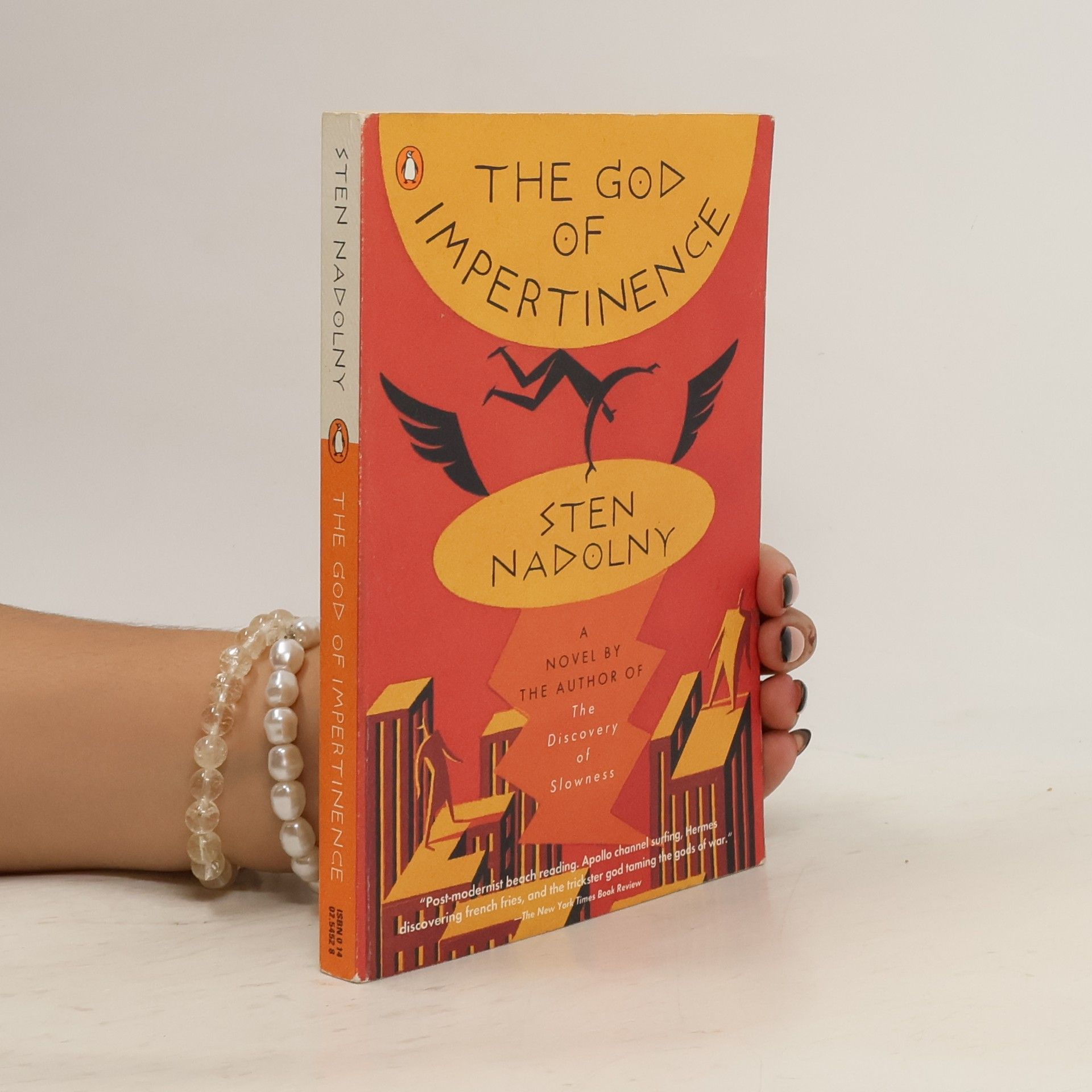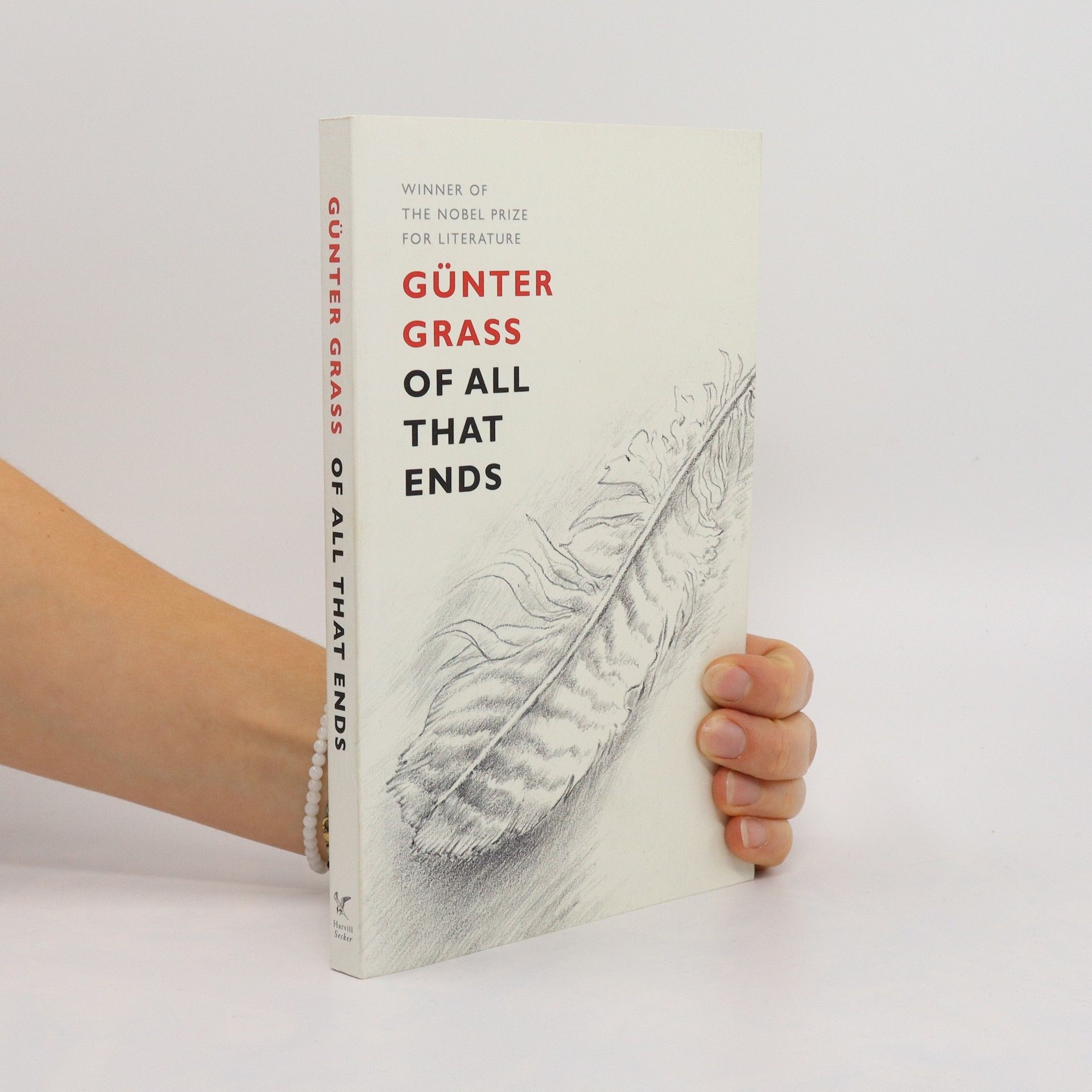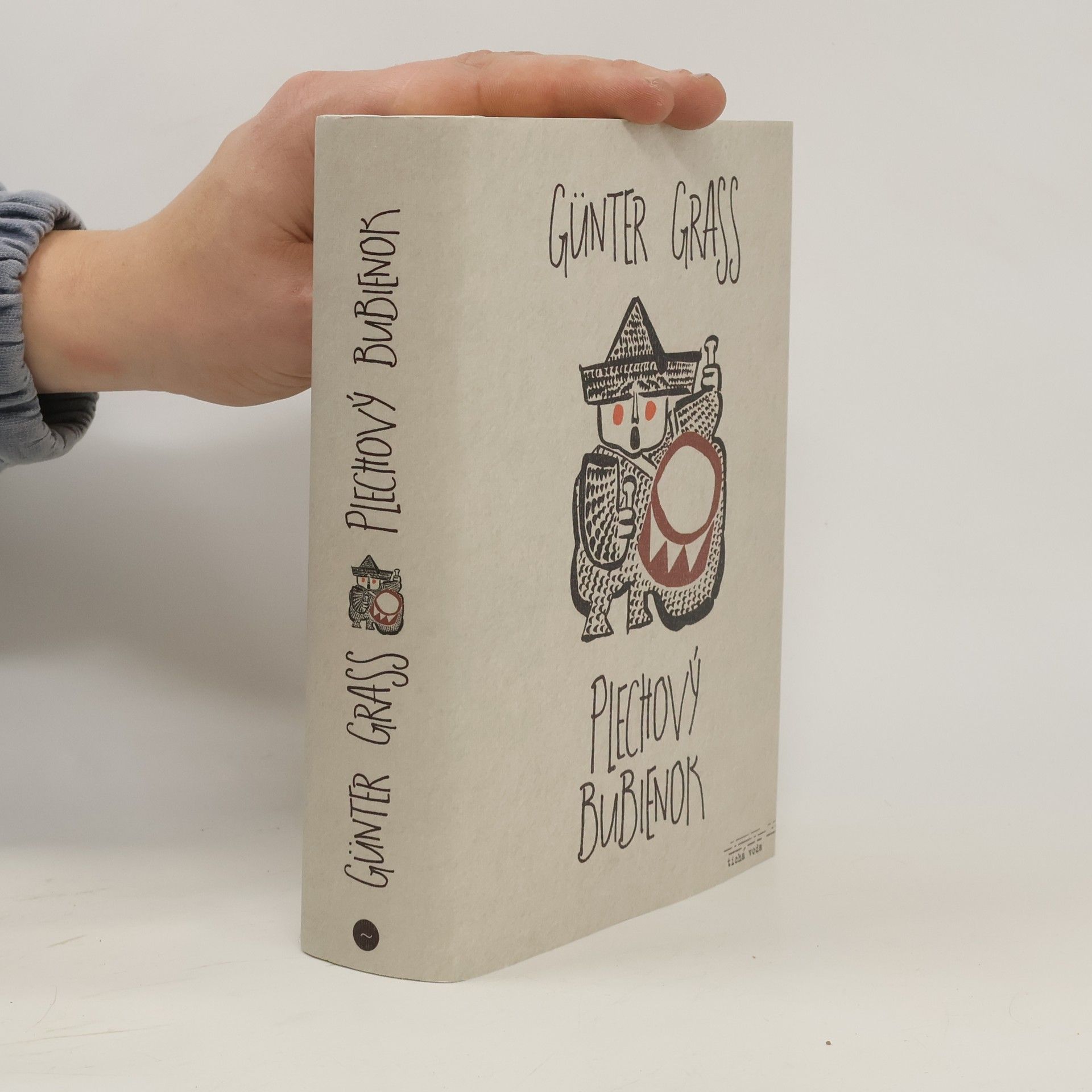Plechový bubienok
- 584 stránok
- 21 hodin čítania
Oskar Matzerath je čudák. Ako trojročný sa rozhodne, že už nebude rásť. Neúprosným sarkastickým pohľadom zdola pozoruje dianie vo svete. Jeho stálym spoločníkom je plechový bubienok. Oskar bubnovaním získava odstup, žiada splnenie svojich želaní, alarmuje. Rozpráva svoje príbehy od dvadsiatych rokov v Gdansku cez temné roky nacistickej éry až po anarchistické zážitky z povojnového Nemecka. Cez vojnu sa stane členom frontového divadla, neskôr vodcom mládežníckej bandy. Po vojne sa presťahuje s milenkou, ktorá je zároveň jeho nevlastnou matkou, a so synom, ktorý je zároveň jeho nevlastným bratom, do Düsseldorfu. Živí sa ako kamenár, model v umeleckej akadémii a džezový hudobník. Majstrovské dielo magického realizmu od nositeľa Nobelovej ceny za literatúru vychádza v slovenčine po prvýkrát. Plechový bubienok priniesol do nemeckej povojnovej literatúry nový tón, ktorý sa stretával s kritikou aj nadšenými ohlasmi. „Plechový bubienok nepozná žiadne tabu,“ napísal jeden dobový kritik. „Rozprávanie znovu a znovu vstupuje na zakázané miesta, kde sa stretávajú hnus, sexualita, smrť a blasfémia.“ Viacerí Grassovi zahraniční vydavatelia to zobrali doslovne a niektoré pasáže v prvých prekladoch svojvoľne skrátili alebo vynechali. Dnes patrí Plechový bubienok nielen medzi najlepšie diela povojnovej nemeckej literatúry, ale aj do kánonu svetovej literatúry.



